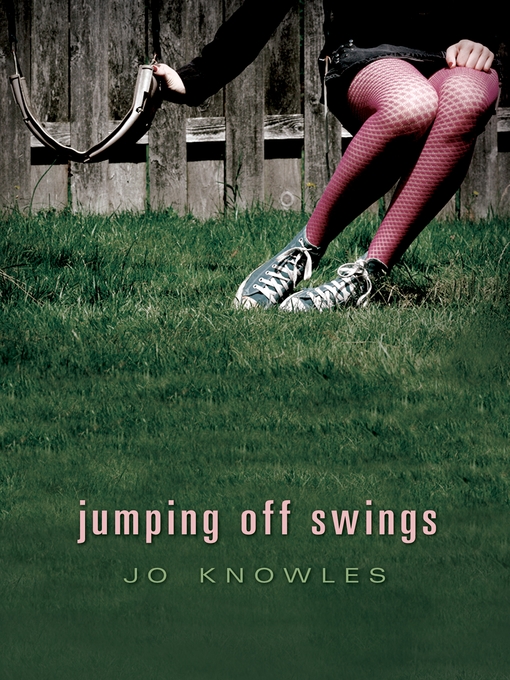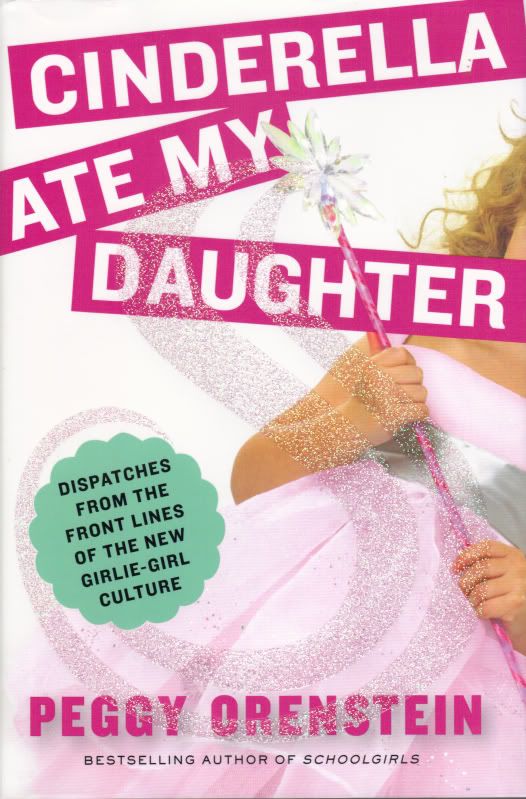Friday Spines Book Review:
Themes:
Ann Rinaldi has written many historical fiction novels for older children/young adults. If you've tried reading her books and lost interest, try this one. Told by a fourteen-year-old girl named Susanna, whose story will be familiar to most who've been through junior high years, the historical content is fresh and excellently woven with the drama.
Susanna English feels out of place in her strict Puritan community. She's impatient with the twittery female stereotype she's expected to fulfill, and finds the inflexible sexism stifling: "[my father], a man, a town elder, and a rich merchant...could be forgiven his enlightened views while I, a mere, girl, could not." Perhaps partly to make up for her "unladylike" cleverness, she longs to be part of a circle of girls who frequently met at the town parsonage, sharing stories and listening to tales told by the Indian servant Tituba. She doesn't know what the girls are plotting, though, and by the time Ann Putnam, the young leader of the group, puts the pieces together for her, she's too deeply involved to stay innocent.
Ann's circle has been deliberately flouting the rules, and utter the magic word--witchcraft--to justify their behavior. Now the religious leaders have asked the girls to name their tormentors, and they won't pass up a chance to escape the severe dullness of daily life as females. Susanna, who wouldn't otherwise be caught up in more than the outer tendrils of the frenzy, is drawn into the core by Ann's confession: If she tells anyone the truth about the girls' mysterious affliction, the English family will be named as witches.
The language in this book is elegantly old-fashioned yet simple. The subtleties of the plot are better understood by older children, but the language seems a little straightforward in comparison--it's not enough to take away from the book, but be prepared. Besides the semi-intense backstabbing, which is told in age-appropriate language, there isn't much content that could be labeled objectionable. I recommend this book for ages 9 and up: Older readers will probably get more out of the story, but won't be challenged by the writing.
Other things I liked about this book:
- The twist on the ever-present wish to belong is woven into the historical novel so subtly that you'll hardly be concious of your connection to spunky Susanna's predicament. The title, too, is a beautiful twist on a classic situation.
- The depth of the characters is suitable for the audience, but can still be explored further by older readers. It's especially interesting to see the often ignored sides of young girls in Puritan communities.
- Ann Rinaldi's dialogue shifts to fit the characters while maintaining the voice of the era, becoming more sophisticated for adults, simpler for children, and containing an undercurrent of malice with Ann's circle of girls.
- Although religion is certainly present in the book, it can be understood and related to by people of any belief.
Themes:
- Sexism
- Understanding
- Class
- Religion
- Historical fiction
- Age/wisdom
- Cliques/friendship
Other books you might enjoy: The Witch of Blackbird Pond, by Elizabeth George Speare; Up a Road Slowly, by Irene Hunt; Fever 1793, by Laurie Halse Anderson; and other books by Ann Rinaldi.
Happy reading--check back Monday for the next book!
M. Gabrielle

















